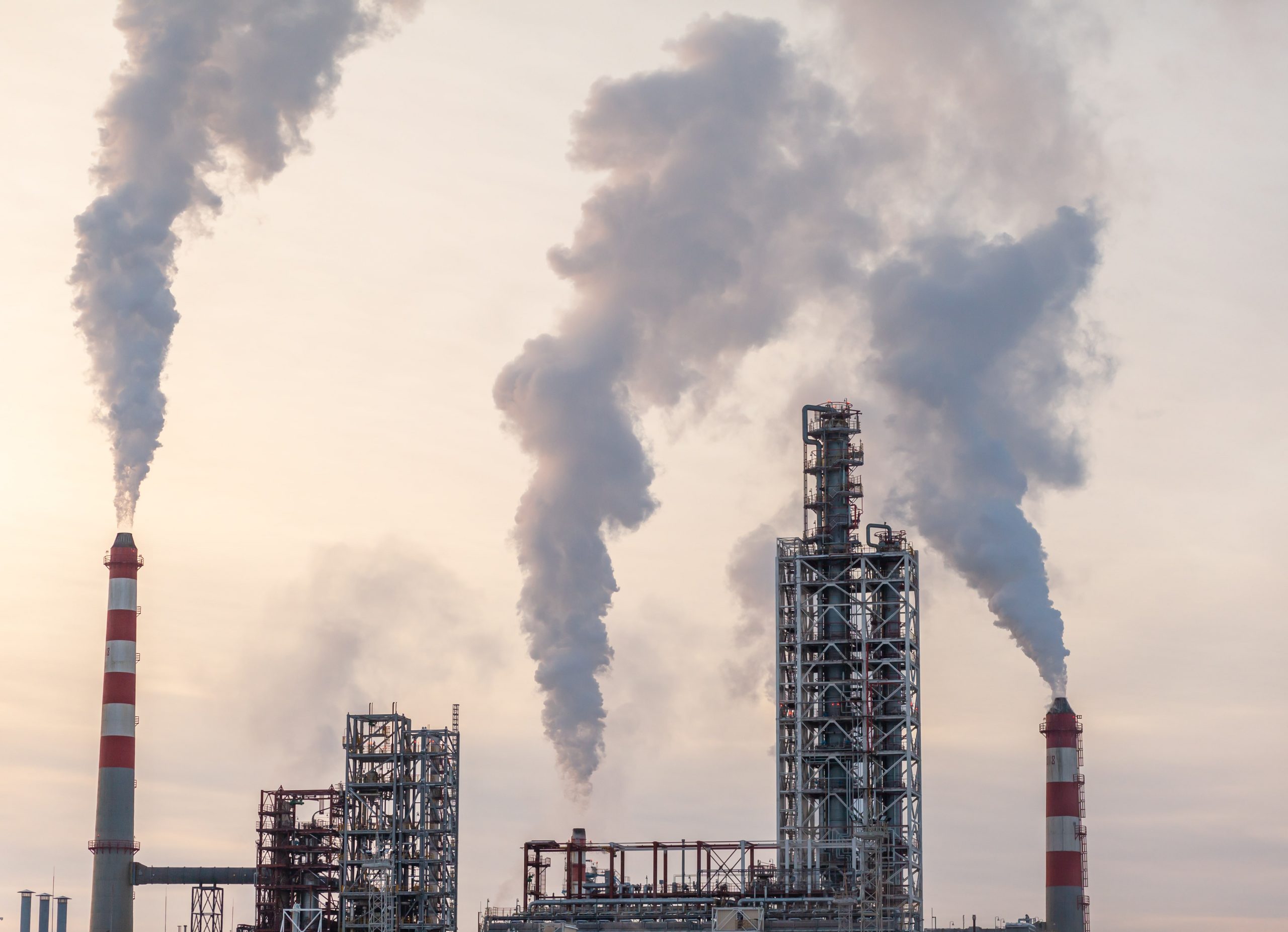- The signatories of the GMP agreed in 2021 to cut global methane emissions by at least 30 percent by 2030 from 2020 levels
- Kayrros data shows few signs of progress so far among signatories – though Australia bucks the trend – with CEO Antoine Rostand saying that the data should be a ‘wake-up call’ for decision-makers at COP28, adding that new EU methane regulation is ‘a meaningful step forward’
- Kayrros data has shows that regulations can work: though US oil and gas basins as a whole have yet to show the benefit of new federal regulations, state regulations are having an impact
- The number of super-emitters per unit of production on the New Mexico of the Permian is much lower than on the Texas side, where methane regulations are looser.
1 December 2023 – New data from environmental intelligence company Kayrros, a world leader in tracking methane emissions and other climate events, shows little progress among the signatories of the Global Methane Pledge towards fulfilling its objective to get the potent greenhouse gas under control.
The data shows that there has been no overall reduction in the methane put out by many of the signatories, save for Australia. In the US and Iraq emissions are in fact increasing. In Kuwait and Uzbekistan they have remained flat.
Amongst non-signatory countries, Kayrros has seen emissions rising in Algeria.
The signatories of the 2021 Pledge committed to cutting global methane emissions by at least 30 percent by 2030 from 2020 levels.
Kayrros, recently named one of the world’s 100 Most Influential Companies by TIME, has played a major role in recent years in highlighting flaws in climate reporting and urging concrete action on methane emissions and so-called super-emitters in particular.
Kayrros recently launched an open-access extension of its Methane Watch platform at COP28. The platform is an online, interactive map showing methane data and allows users to view, scrutinise and verify emissions data and expose ‘greenwashing’ from around the world. The data comes from two distinct satellites, revealing 5,645 methane super-emitters, including 3,320 from oil and gas, 874 from coal and 1,451 from human activity, such as waste and agriculture.
Earlier this year, it was part of a major exposé on massive methane leaks in Turkmenistan, resulting in ongoing remediation talks between its government and representatives from the U.S. The company also detected giant plumes of methane in neighbouring Kazakhstan – plumes which had previously been dismissed as ‘hot vapour’.
During COP28, Kayrros is pushing for concrete action on so-called methane super-emitters, citing the success of 2021 climate regulations in New Mexico, which have brought down the state’s methane emissions without affecting business. Kayrros has previously shown that neighbouring Texas has twice the number of super-emitters as New Mexico per unit of production, despite showing lower growth in oil production.
Antoine Rostand, CEO and co-founder of Kayrros, said the new data should serve as a ‘wake-up call’ for decision-makers gathered in Dubai for COP28.
“Methane is a devastating greenhouse gas which has an enormous impact on the climate in the short term,” he said.
“Despite the promise of the Global Methane Pledge, emissions of methane are not coming down. In some places, they are even going up.
“We’ve been calling for an outright ban on super-emitters. Rapid cuts in methane emissions from fossil fuels could lead to a reduction of 0.1°C in global temperature rise by mid-century – equivalent to the emissions impact of immediately taking all cars and trucks in the world off the road.
“That’s why we were glad to see the EU introduce rules to cut methane emissions in the energy sector, which in part targets super-emitters. It’s a real step forward, and we hope other decision-makers consider similar measures.
Europe has now announced major proposals concerning methane emissions limits on EU gas imports – limits which would put pressure on fossil fuel suppliers in the U.S. to cut leaks.
Kayrros’s Methane Watch, whose methodology and data quality have been endorsed in numerous peer-reviewed studies, including from Stanford University, is seen as the international benchmark for global methane emission monitoring. Data from Kayrros Methane Watch is now used by a number of global bodies, including the United Nations Environment Program’s International Methane Emissions Observatory. Kayrros’ work has also been widely recognised for its essential role in confronting the climate crisis.
Awards from the Financial Times and Fortune, as well as Kayrros’ description in TIME’s 100 Most 100 Influential Companies listing, have specifically referenced the company’s work tracking methane.
Kayrros aims to increase climate data literacy by releasing its open access version of the Methane Watch at COP28.
About Kayrros:
Founded in 2016, Kayrros is a global climate technology company and a world leader in environmental intelligence. Kayrros use satellite imagery, AI, and geo-analytics to help governments, investors and businesses understand the risks posed by the changing climate and energy landscapes and make more informed decisions.
Kayrros has offices in Paris, Houston, New York, London, Bangalore and Singapore. For more information visit www.kayrros.com

